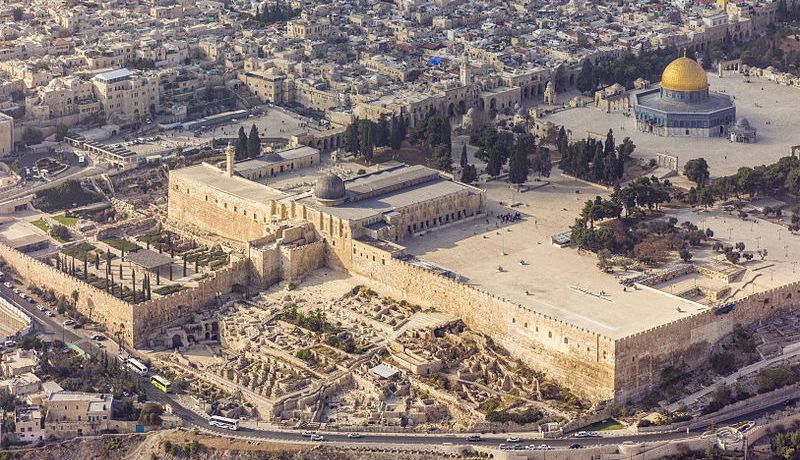This introductory course in Catholic Sexual and Medical Ethics builds on the introduction to Roman Catholic fundamental moral theology, and considers both the main principles as well as contemporary debates and applications within the areas of sexual and biomedical ethics. It seeks to prepare students for pastoral practice related to sexual and bioethical areas of human life, and it engages issues such as the meaning and purpose of human sexuality, marriage and reproduction, natural family planning, contraception, abortion, in-vitro fertilization, genetic manipulation, the allocation of health care resources and the extent of medical treatment, and euthanasia. Prerequisite: Fundamental Moral Theology.
This course introduces students to the development of Deuteronomistic History and the Priestly corpus with their themes of covenant, creation, Exodus, kingship and promise. The course also studies the elements of narrative and explores stories of call, battle, testing, journey, recognition, tragedy and rebirth found with the larger history and story of Israel.

This course studies the life and structure of the early Church from the beginning of the first century to the end of the sixth. The course examines the evolution of the Church from a Jewish movement to a worldwide religion and its official establishment in the Later Roman Empire, with special emphasis on community, individuals and the first ecumenical councils.
Early Christian theology was inherently pastoral. Thus, this course will turn to selected figures and writings from the Early Church for theological insight that can inform and shape pastoral practice in the Church today. Topics of study include biblical interpretation and preaching, catechesis, works of charity, liturgical celebrations, and pastoral care. Pre-requisite: Foundations in Homiletics. (2 credit hours)